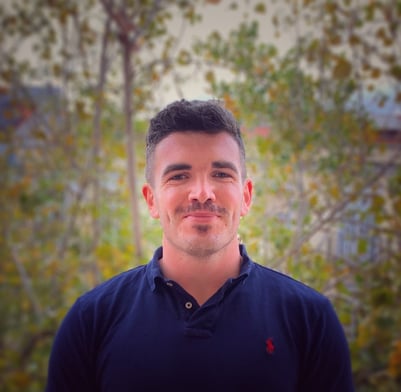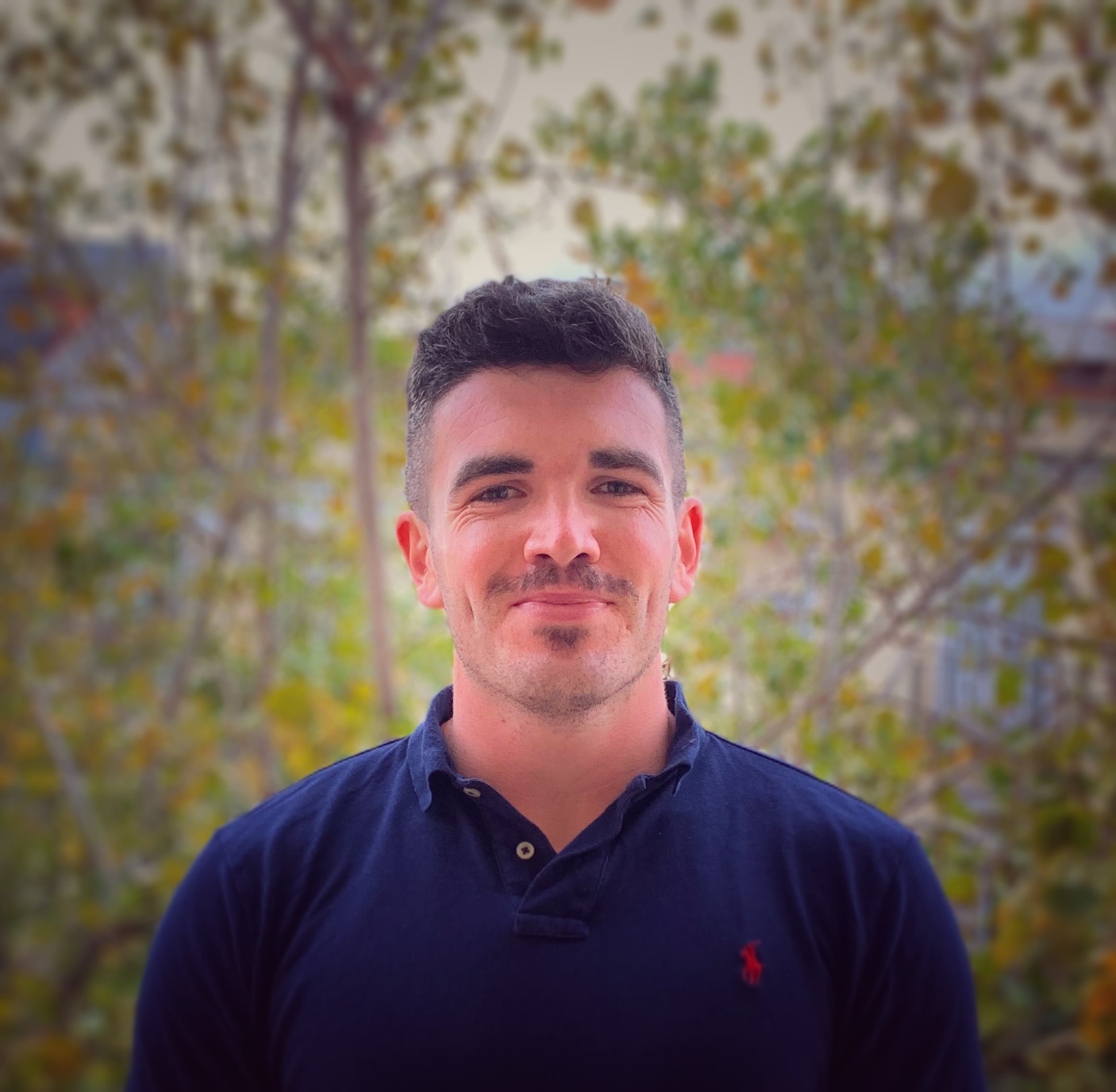Colin Fahy is a qualified chartered accountant working in BDO Ireland’s Corporate Finance Department. He graduated from Trinity Business School in 2018 with a Postgraduate Diploma in Accounting, having previously obtained a BA in Finance from Maynooth.

Why did you choose the Postgraduate Diploma in Accounting at Trinity Business School?
I previously spent three years training in the PwC tax department, where they offered me the opportunity to study at Trinity or to study and work for my CAP 1 qualifications.
The Postgraduate Diploma in Accounting programme had only just been launched in the prior year; however, I had some friends who were part of the initial course. They all highly praised the programme and noted how beneficial it had been in preparing them for their future careers in accountancy.
The lecturers have extensive experience across the accounting industry, with many also lecturing for both Trinity and other professional accountancy bodies. Throughout the course, they would often provide real life examples of the accounting concepts we were studying based on their own careers. This helped us gain a better understanding of some of the more difficult accounting concepts.
What was your favourite element of how the course was delivered?
Many of the modules incorporate a practical based project to test the theoretical elements of the course. These projects provide students with the opportunity to research some of the biggest companies in business and analyse the accounting concepts that form the basis of their financial reporting.
I distinctly remember my Financial Valuations project completed with Professor Cormac Lucey. As part of the module, we were asked to provide a company valuation for the Ardagh Group. Now working in corporate finance, I realise how practical that assignment was and how well it prepared the class for their future careers.
Accountancy can get a bad reputation for being a boring career so the practical assignments in this programme are great at keeping the course interesting and engaging.
How do you think the course prepared you for your current career?
Neil Dunne, the programme director, and the team always placed a huge emphasis on the presentation and quality of your work. All projects and assignments had a large portion of marks allocated to presentation and articulation and this was extremely beneficial in preparing us for entering the work place the following year.
The programme also focuses on group assignments which are enormously beneficial for refining your teamwork skills as you prepare for team-based work environments.
Guest speakers were often brought in to talk about their accountancy careers. When deciding on your future accounting career it can be daunting trying to make the correct career choice in terms of what department you would like to work in. Getting the opportunity to chat to individuals who are currently working within these departments helps to demystify the accountancy profession.
Would you recommend this course to others?
Yes, the course is a great option for any prospective students with an interest in pursuing a career in accountancy. The course has relatively small class sizes, engaging lecturers and interesting group based practical assignments. Furthermore, it offers great exemptions across all the professional accounting exams so it’s a great first step to take in preparation for gaining a professional accountancy qualification.


